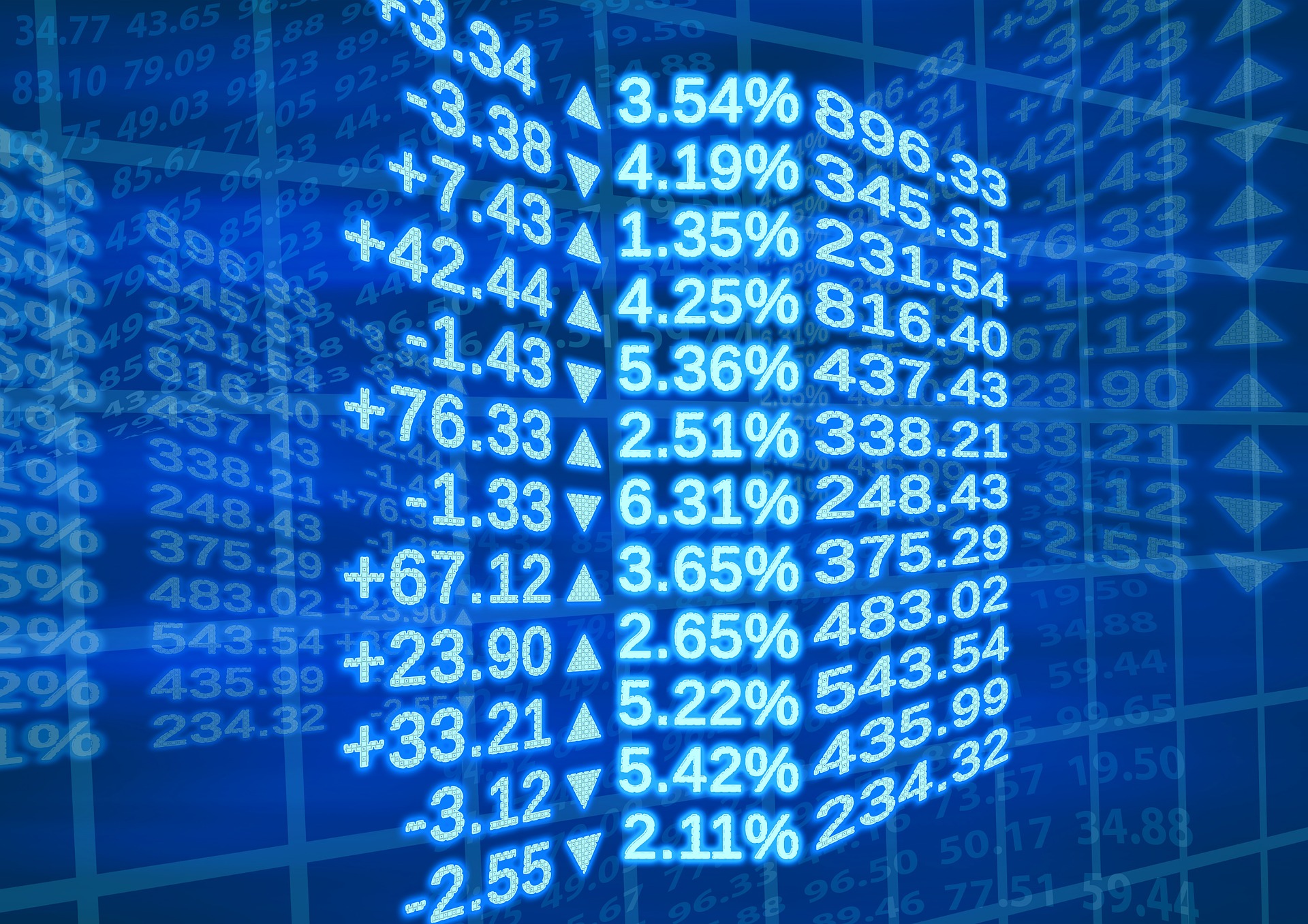HONG KONG—World stock markets were tepid Friday while the dollar consolidated its gains as investors adjust to the new reality of a future with higher U.S. interest rates.
Keeping score
European shares were lacklustre in early trading. France’s CAC 40 slipped 0.1 per cent to 4,814.13 and Germany’s DAX was flat at 11,366.16. Britain’s FTSE 100 edged up less than 0.1 per cent to 7,000.24. U.S. shares were poised for a mixed open. Dow futures crept up less than 0.1 per cent to 19,808.00 while broader S&P 500 futures ticked 0.1 per cent lower to 2,257.10.
Post-hike perspective
After an initial jolt from the Fed’s interest rate hike decision this week, markets are adjusting to the prospect of more increases that policymakers signalled were in store as they move to “normalize” interest rates. The Fed raised rates for only the second time in a decade and hinted three more hikes are on the way in 2017, rattling markets used to ultralow borrowing costs that have fueled a multiyear stock boom. The Fed’s move now shifts the focus from central bank policy to economic growth as the driver of stock market performance.
Market view
“The market seemed to have digested the Fed rate hike and started to position itself for a brighter outlook in the U.S. economy, and the changes Donald Trump’s new administration could bring to the equities market,” said Margaret Yang of CMC Markets in Singapore.
Asian scorecard
Japan’s benchmark Nikkei 225 index rose 0.7 per cent to close at 19,401.15 as the weakening yen helped shares of the country’s exporters. Other Asian indexes were listless. South Korea’s Kospi added 0.3 per cent to 2,042.24 and Hong Kong’s Hang Seng gave up the day’s gains in the final hour to close 0.2 per cent lower at 22,020.75. The Shanghai Composite Index in mainland China gained 0.2 per cent to 3,122.98 and Australia’s S&P/ASX 200 ticked 0.1 per cent lower to 5,532.90. Benchmarks in Taiwan, Indonesia and the Philippines lost ground but indexes in Singapore and Thailand rose.
Currencies
The dollar was hovering at its strongest level in 10 months, easing to 118.24 yen from 118.27 late Thursday. A weaker yen benefits Japan’s exporters by making boosting their earnings when they’re brought back from overseas. The euro fell to its lowest since early 2003, slipping to $1.0435 from $1.0412.
Energy
Benchmark U.S. crude rose 9 cents to $50.99 a barrel in electronic trading on the New York Mercantile Exchange. The contract slipped 14 cents to settle at $50.90 a barrel Thursday. Brent crude, the international standard, rose 17 cents to $54.19 a barrel in London.
